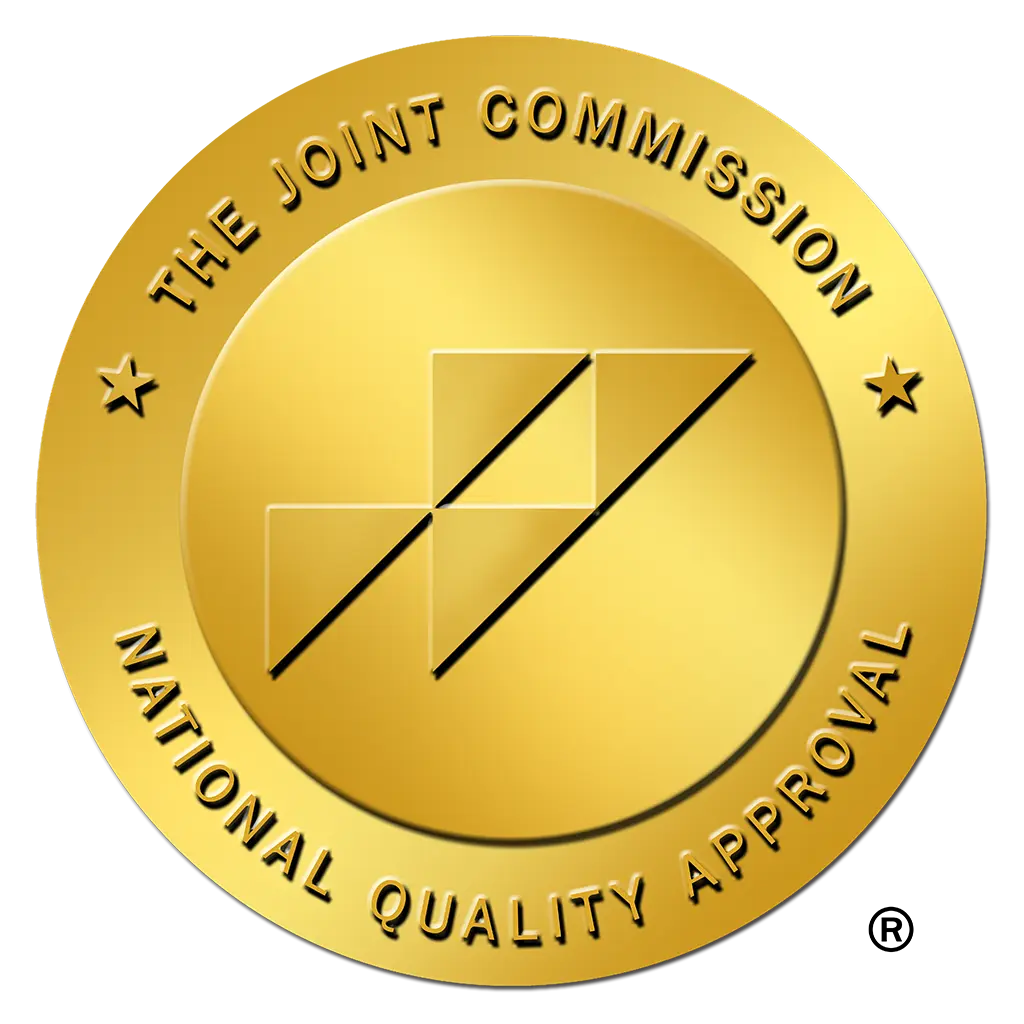Recovering from Perfectionism
Let’s talk about perfectionism. Perfectionism is the refusal to accept any standard short of perfection. It’s a term many of us are familiar with – I know I am. To some of us, perfectionism might feel like a positive thing. We often associate it with traits such as being high-achieving, hard-working, detail-oriented, and having high goals or expectations.
That might all seem very positive and desirable, but this understanding of perfectionism does not recognize the lack of flexibility that comes with being perfectionistic. Rigidity is notoriously related to unhealthy and/or maladaptive feelings, thoughts, and behaviors, because being rigid makes it hard to adapt and react in healthy ways.
It’s important to acknowledge that the true core of perfectionism is not positive, it is full of fear, shame, and insecurity.
There is an important difference between feeling like you have to “be the best” and wanting to “try your best”. When we hold ourselves to the rigid, unrealistic, and frankly unkind belief that we must be the best, we don’t make space for our own vulnerability – we reject the rather human, imperfect parts of ourselves.
Having imperfections – spaces for growth, aspects of uniqueness, sources of wisdom – is a universal part of being a person.
We tolerate and often love these parts of many of the people in our lives. So, why is that understanding and acceptance not shared inwardly, with ourselves? This lack of acceptance of ourselves can result in anxiety, depression, burn-out, and fatigue. As we grow accustomed to only accepting the “perfect” parts of ourselves, we throw away the crucial, vulnerable parts of the self.
Perfectionism redefines how we interact with ourselves and how we expect others to value us – “I am only worthy of love if I am perfect”.
Many people with unprocessed trauma struggle with perfectionism. You might have learned that any “imperfection” was unsafe in your home or relationship. You might have only been given attention or love when you “succeeded”. You might have learned to be “emotionally perfect” – to exhibit only “perfect” okay-ness, because caregivers could not handle your genuine emotions.
There can be a variety of reasons we develop perfectionistic thoughts and behaviors, many of which are complicated and tied to core beliefs about ourselves and our value. As you begin to challenge and change your perfectionism, remember to be patient and gently loving with yourself. Healing takes time, but you can do it. And we are here to support you. Never hesitate to reach out and talk to your therapist about this – they will help you make a plan!
The BIG tasks in healing your perfectionism:
● Accepting your vulnerable parts.
● Accepting that you ARE good enough, as is.
● Understanding that a perfection expectation is based in shaming and is a rejection of the self – this is the opposite of love and healing.
What small steps could you take to start this process of self-acceptance and growth?











Leave a Reply
Want to join the discussion?Feel free to contribute!